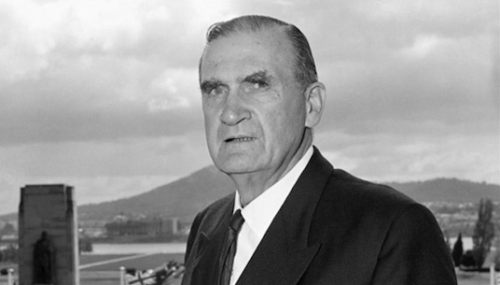HAVE two and a half years of random drug testing made our roads any safer? Or is this just a feel-good prohibitionist stunt that fails in its main aim?
The tests were introduced in May 2011 amongst much fanfare from the police and the ACT Government as a method of ensuring drivers were not in control of a vehicle while under the influence of drugs such as cannabis, ecstasy (MDMA) or amphetamines.
However, it is now time to accept that the experiment is a dismal failure.
The goals were laudable. Who wants to be on the road surrounded by drivers who are stoned out of their minds? However, this is not the outcome that is being delivered. The Government opted for a zero-tolerance approach. This was simply foolish. There is no evidence that there will be impaired driving from cannabis use, for example, when Tetrahydrocannabinol (THC) is still detectable in the blood from two weeks to 20 days later. THC is the active ingredient in cannabis.
According to a Canadian Senate Special Committee on Illegal Drugs in 2002: “Cannabis affects psychomotor skills for up to five hours after use”.
The relationship between testing and driving impairment is fundamental to the level of interference in civil liberties imposed by random roadside testing. There must be overwhelming evidence of a community benefit.
Driving when under “acute influence” of cannabis is a serious issue. A systematic review of the literature on cannabis and motor vehicle accidents by Asbridge and others published in the “British Medical Journal” in 2012 revealed: “Seven of the nine included studies found that the risk of a motor vehicle collision increased when drivers had consumed cannabis within a few hours before the crash”.
The paper concluded: “Acute cannabis consumption nearly doubles the risk of a collision resulting in serious injury or death”.
The ACT experiment on random drug driving is in marked contrast to the random breath testing for alcohol, which has undoubtedly changed attitudes and made our roads much safer.
With alcohol, there has not been a zero-tolerance approach, but rather a system has been developed based on the most likely driver impairment.
Had the same approach been applied to these illicit drugs, charging people at a level where there was likely to be impaired driving would have been rational.
The policy on random breath testing with alcohol is sensible while the very poor counterpart of random drug testing has achieved very little other than causing unnecessary anxiety, costing a fortune and failing to make the roads safer.
Our elected representatives have a responsibility to see that police powers are limited to where they are really needed and where they will have most impact. Evidence-based policies should be the bread and butter of our elected representatives. In arguing for continuation and support for more testing, it was revealed that in the first year of the random drug testing operation 20 people tested positively from saliva swabs in random drug testing. Just 2.6 per cent of those tested.
The question that must be answered is how many of those drivers had minute amounts of cannabis in their bloodstream that had no impact whatsoever on their driving and what percentage were under “acute influence”.
The ludicrous nature of the zero-tolerance approach was revealed recently when local magistrate Beth Campbell dismissed the case of a 37-year-old woman who had a detectable amount of THC in the blood. She told the police that she had not smoked cannabis for 15 years. It would appear that the hemp seed that she had with her muesli was responsible for the detectable, but minute, amounts of THC in the blood.
It seems that the detected amount of THC would not impair driving. But the evidence is still equivocal about where to draw the line on the level of cannabis intoxication that makes drivers dangerous. Pending having this issue sorted out and tests to determine “acute influence,” the trial should be suspended.
The alternative is as ludicrous as our current policy – ban hemp seeds from health food stores! Stop putting poppy seeds in orange cakes! Cut mushrooms from the diet!
Michael Moore was an independent member of the ACT Legislative Assembly (1989 to 2001) and was minister for health
Who can be trusted?
In a world of spin and confusion, there’s never been a more important time to support independent journalism in Canberra.
If you trust our work online and want to enforce the power of independent voices, I invite you to make a small contribution.
Every dollar of support is invested back into our journalism to help keep citynews.com.au strong and free.
Thank you,
Ian Meikle, editor





Leave a Reply